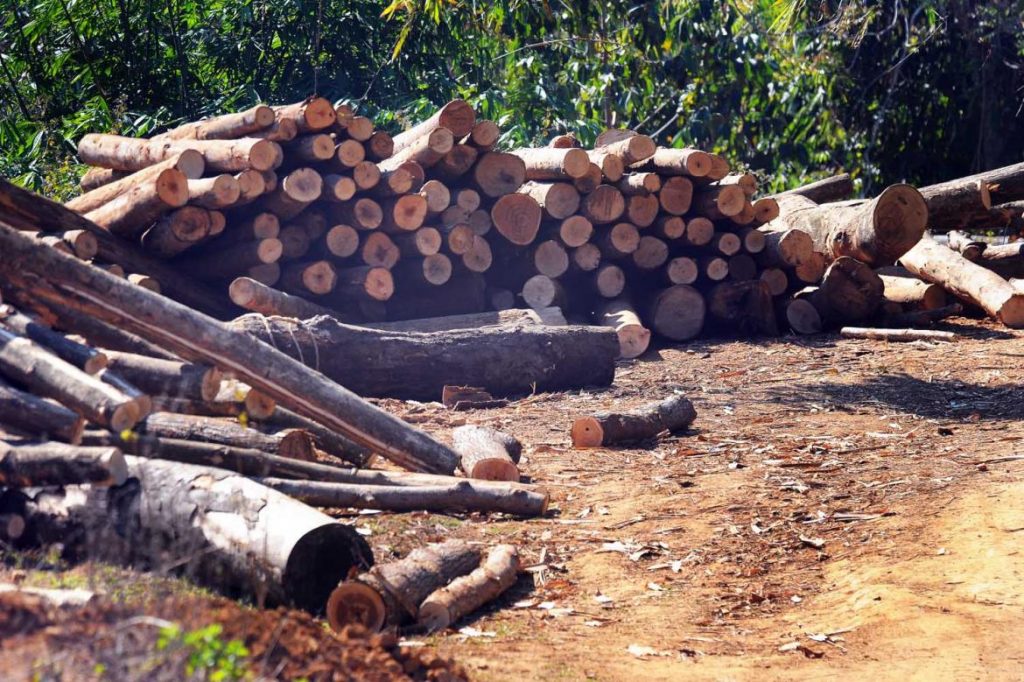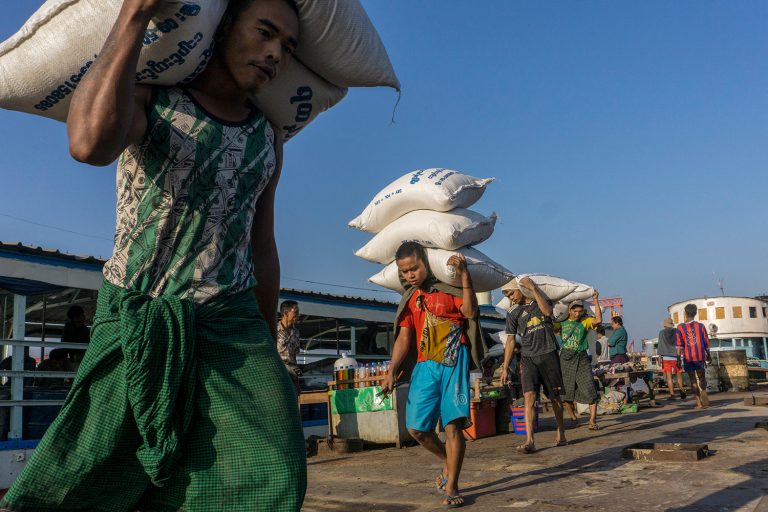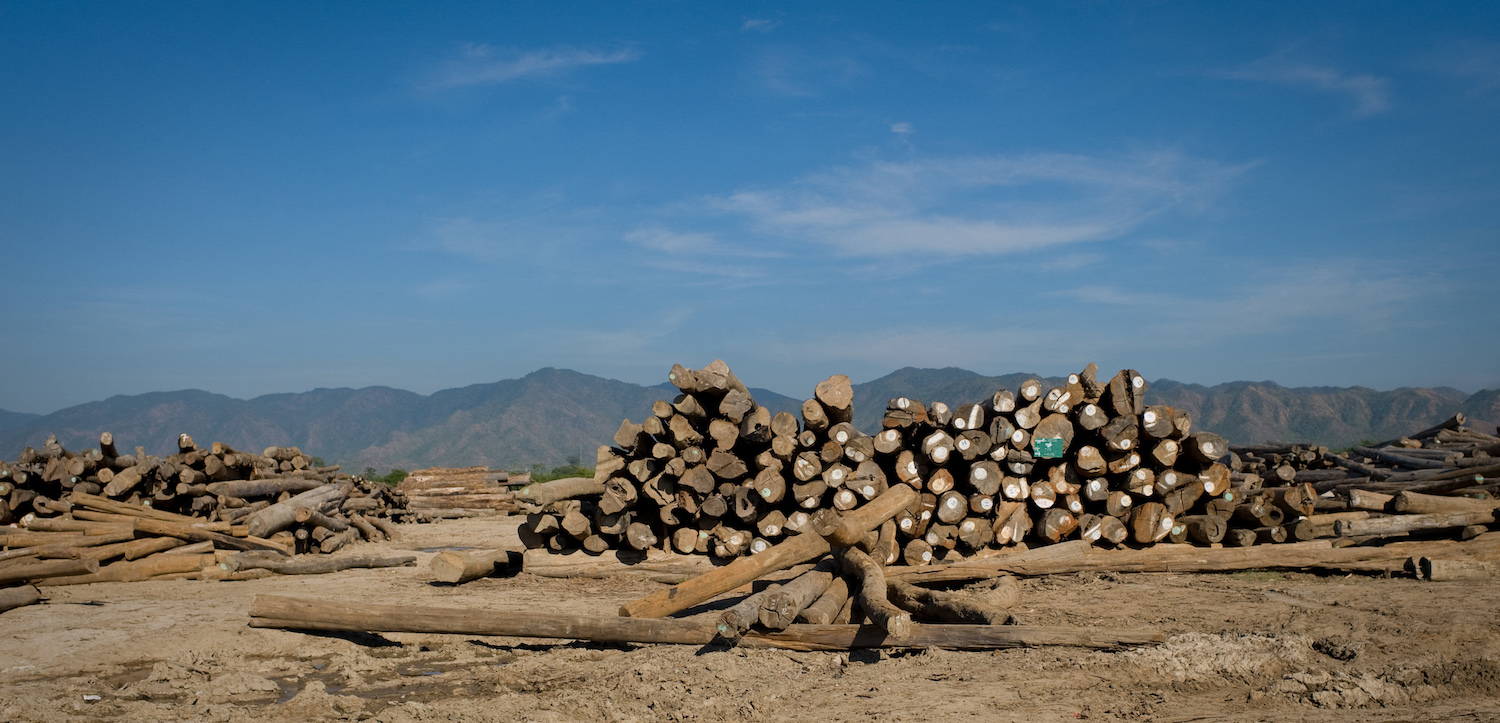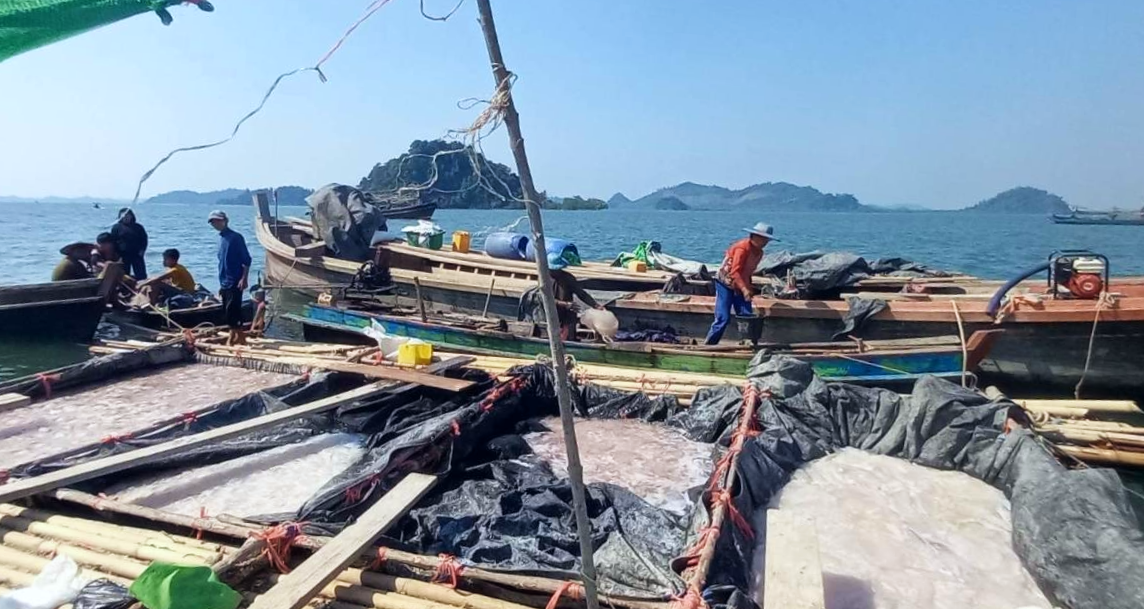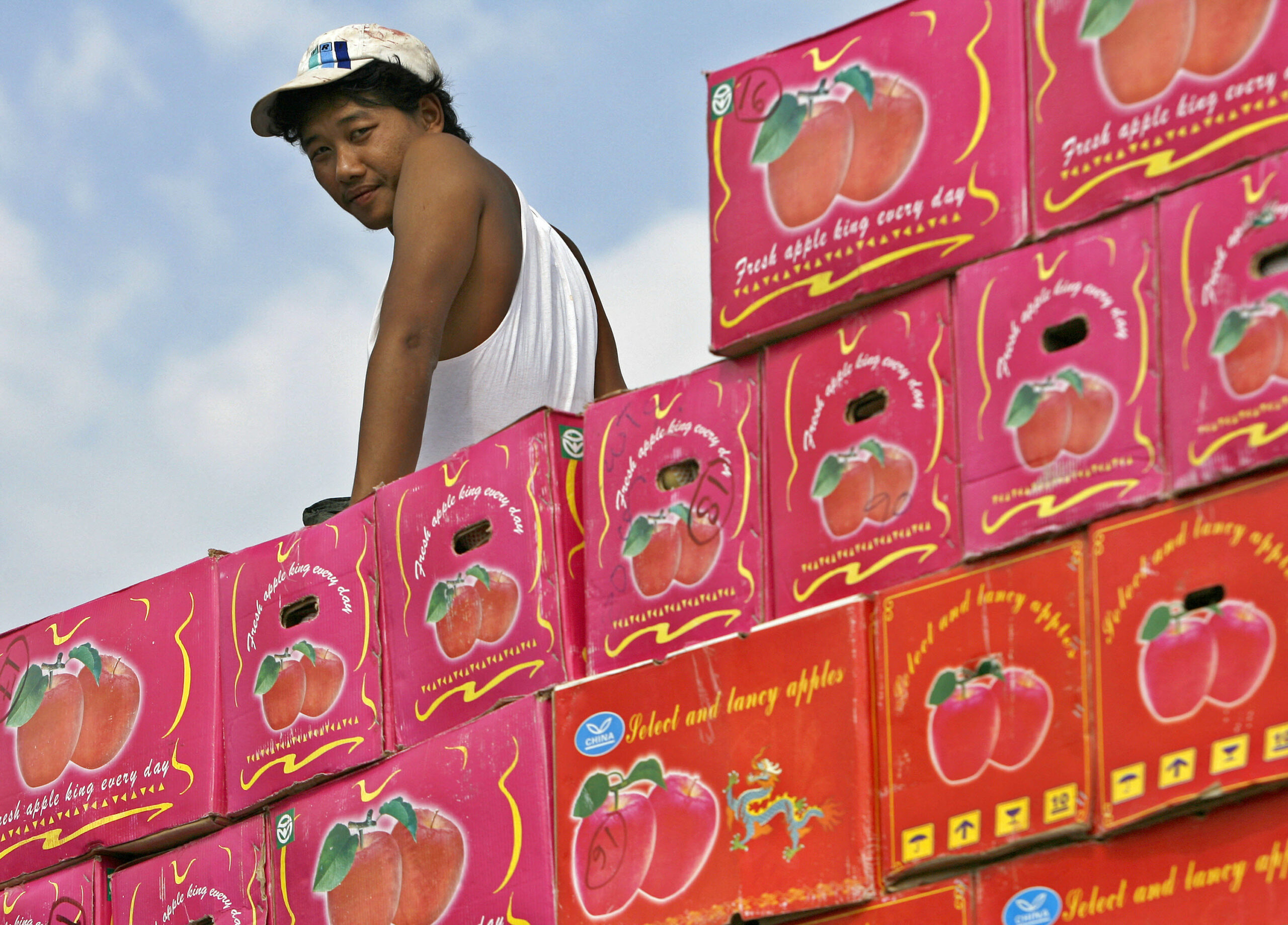Authorities in Denmark are reported to have blocked the sale of Myanmar teak, in a decision that has implication for exports of the timber to all European Union countries.
The decision to impose injunctions on Danish companies placing Myanmar teak on the country’s market was reported by a watchdog group, the Environmental Investigation Agency, in a news release on March 15.
The EIA said the ruling followed evidence it submitted to the authorities in Denmark that Danish timber company Keflico had violated the European Union Timber Regulation.
The Danish injunctions follow a decision by an administrative court in Sweden last November to uphold a ruling that a company there had imported Myanmar teak in violation of the EUTR.
“Denmark’s leadership in EUTR enforcement underpins similar rulings already made in Sweden and leaves no doubt that anyone placing Burmese teak on the EU market under current conditions is in breach of European law,” said EIA forests campaigner Mr Peter Cooper.
Support more independent journalism like this. Sign up to be a Frontier member.
“With Denmark setting a clear precedent on a case submitted by EIA, we now expect authorities in Italy, the Netherlands, Belgium, Spain and the UK to rapidly resolve the remaining 12 cases submitted by EIA,” Cooper said.
The EIA said the cases focus on the due diligence requirements of the EUTR, which oblige companies placing timber on the EU market to identify and mitigate any risks of illegality within their supply chains.
Due to the risk of illegality and a fundamental lack of transparency by state-owned Myanma Timber Enterprise, it was not currently possible for any company to successfully apply due diligence to teak from Myanmar, the watchdog said.
“The Myanmar (sic) Timber Enterprise needs to urgently address illegality within its operations and provide access to independent monitoring of its operations – or risk permanently losing access to Europe’s lucrative teak market,” Cooper said.
MTE deputy general manager U Aye Cho Thaung told Frontier that European countries should contact it for the necessary information rather than block imports.
“They don’t know how we regulate the system of teak,” he said. “They also buy the timber from other countries, which market it as Myanmar teak … so they need to ask us for confirmation on the provenance.
“But they don’t ask the official letters. We’ve only had one organisation, Teak Solutions from Germany, recently contact us to ask for the information and we provided it to them.”
Aye Cho Thaung refused to comment on recent calls from timber traders for the establishment of an independent third party to monitor teak production in Myanmar to ensure exports comply with EU standards.
“Any organisation can watch what we are doing and see MTE is correctly running the timber trade in Myanmar.”


